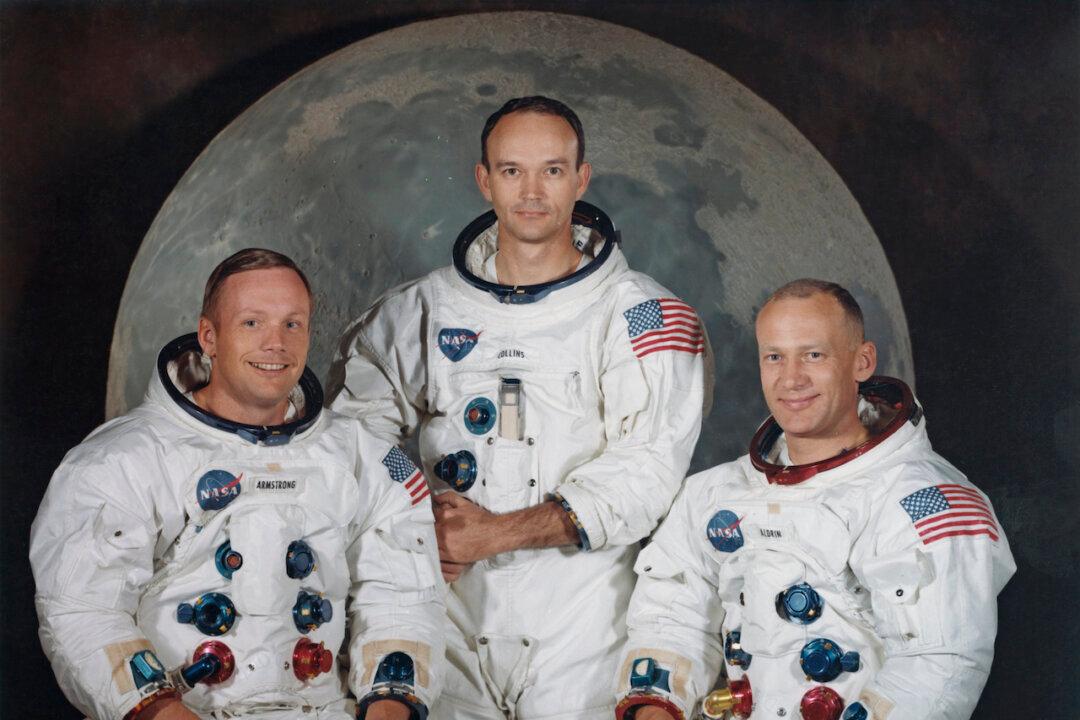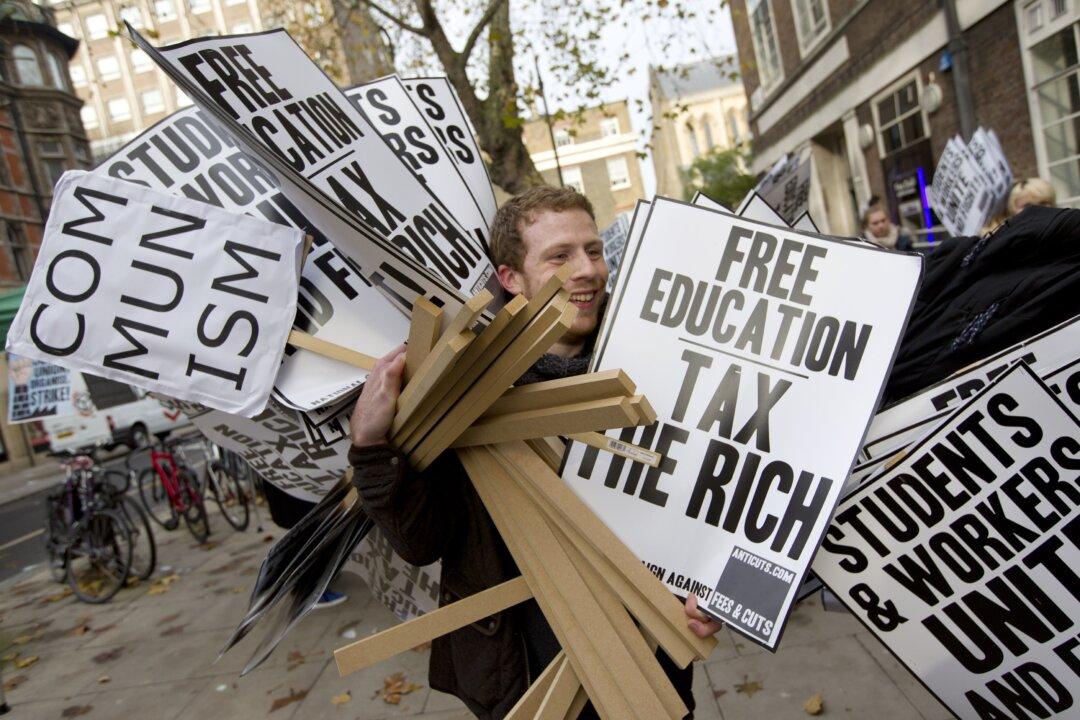Commentary
Those of you of a certain vintage will recognize the headline as a tweaked version of the opening lyric of the Beatles’ iconic “Sgt. Pepper’s” album (“It was 20 years ago today ..."). Well, it was 50 years ago—July 20, 1969—when U.S. astronauts Neil Armstrong and Buzz Aldrin became the first humans to walk on the moon, leaving the third member of the Apollo 11 crew, Michael Collins, orbiting the moon in lonely solitude.





